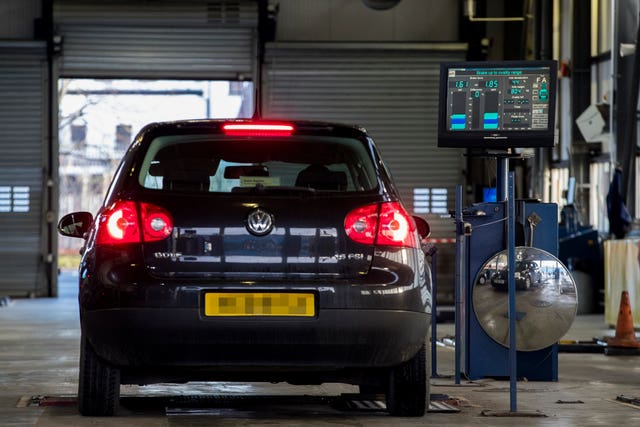MOT garages pass nearly one in seven vehicles that should have failed
New research retested vehicles to see if they should’ve passed in the first place.

Close to one in seven vehicles that passed their MOT last year should have failed, according to a new investigation.
The study, conducted by What Car?, used analysis by the Driver and Vehicle Standards Agency (DVSA) that found that 13.58 per cent of vehicles that passed their MOT should have failed. When applied to the UK’s cars, this equates to more than 2.9 million vehicles that should have had an MOT fail, rather than a pass.
For the 2019-2020 MOT Compliance Survey, a team of DVSA examiners retested a randomly selected sample of 1,671 vehicles that had undergone an MOT test at a UK test station. The study looks to understand whether cars are being correctly tested, but the DVSA disagreed with the test outcomes in 16.82 per cent of cases, with 3.23 per cent of failures deemed to be worthy of a pass certificate instead.
In 70.1 per cent of cases, the DVSA found at least one defect that hadn’t been recorded by the test centre, while the DVSA also disagreed with three or more defects in 56.5 per cent of vehicles.

Steve Huntingford, editor of What Car?, said: “Our investigation has shown the significant differences between the DVSA’s own testing standards and those upheld by some in the industry.
“This poses a serious concern, with potentially hazardous vehicles being allowed to remain on the road, putting their drivers and other road users at risk. It also complicates matters for used buyers who often rely on a vehicle’s MOT history as an indicator for a car’s safety and reliability.”
Safety-critical features such as brakes and suspension were subject to the biggest discrepancy between the DVSA and MOT testers, with brakes having the highest number of misdiagnosed defects at 17.74 per cent. This was followed by suspension, tyres and lights, reflectors and electrical equipment with 14.56, 13.22 and 11.51 per cent respectively.
Following the findings, the DVSA has issued 24 disciplinary action recordings and 178 advisory warning letters to the test centres involved.
Chris Price, DVSA’s head of MOT policy, said: “We carry out the MOT Compliance Survey to maintain MOT standards. The survey targets a random selection of vehicles and is designed to identify problems with MOT testing in order that we can put them right.
“The public can play their part in maintaining high MOT standards by reporting any concerns to us on GOV.UK.”





